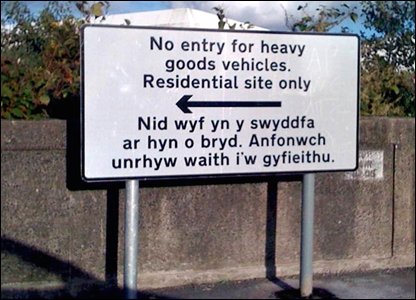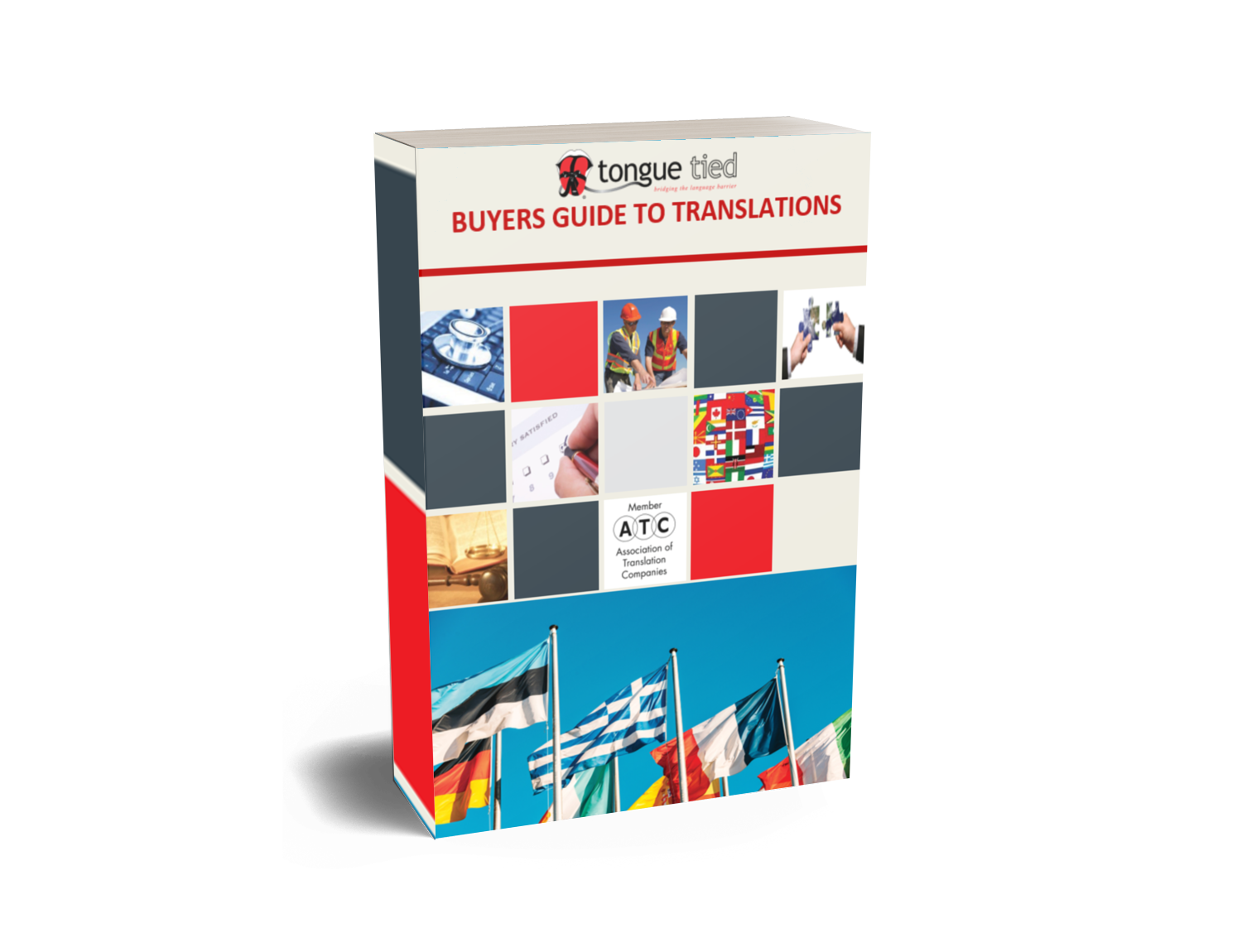‘You are my love, my angle, don’t treat me like potato’ – this is a rather terrible English translation found on a souvenir translated from Cantonese. A pretty extreme example of a translation fail, but nonetheless it highlights the point that a translator must know their target language inside and out.
Have you ever spoken to a non-native speaker of your language and struggled to explain to them why something is ‘right’? Sometimes there isn’t a rule, but just a feeling that something sounds better… This intuition comes with being a native speaker of a language.
Embarrassing Translation Error Ends up on Welsh Road Sign

When Officials asked for the Welsh translation of a road sign, they thought the reply was what they needed.
Unfortunately, the e-mail response to Swansea council said “I am not in the office at the moment. Please send any work to be translated”.
This is the version which went on the sign barring lorries from a road near a supermarket.
The notice went up and all seemed well – until Welsh speakers began pointing out this embarrassing error.
Here are some examples of translations found on signs around the world that definitely should have been written (or at least checked!) by a native English speaker:
- Please don’t touch yourself, let us help you to try out (in a rather creepy souvenir shop)
- Happy memorial time, everyone likes a big dream (on pillows for children…)
- Flight delayed due to some reasons (at a highly informative gate in an airport)
- If you are stolen, call the police at once (in an overly cautious public transport area)
- Slip and fall down carefully! (in a rather restrictive grassy area)
- Please don’t put off your socks (in a children’s play area)
- A gentle reminder. You’d better enjoy your meal in 2 hours (in a rather threatening restaurant)
- Hand grenade (…next to a fire extinguisher)
But sometimes it’s the less amusing, more subtle expressions that indicate that a translation wasn’t produced by a native speaker. Here are some examples of phrases that aren’t quite right and why they may have been translated that way:
- I have 26 years (lots of languages use ‘I have’ to express age)
- We will meet us tomorrow (in languages like German, the verb ‘meet’ is reflexive, i.e. it takes the subject of the phrase as the object as well)
- I need to get my hairs cut, they are really long (lots of languages would refer to the hairs on your head as plural)
- I will make my homework this evening (languages like French and German have verbs that mean both ‘make’ and ‘do’)
All of our translators are native speakers of the languages they translate into, but we also think it’s important for our translators to be based in the country where the target content will be used.
When we translated and provided foreign language voice-overs of driving theory tests for the Driver and Vehicle Standards Agency here in the UK, we made sure not only that each translator was a native speaker of the relevant language, but that they were also based in the UK. This meant, for example, that we allocated the Urdu task to a UK based native Urdu speaker. It was important for the translations into all 36 languages to be produced by native speakers who were also familiar with UK culture.
Here are some other reasons why we only use translators based in the target country:
- They are familiar with modern language usage – slang, colloquialisms, etc.
- They are aware of the specific linguistic features that are associated with the target language community
- They are aware of the values, habits and customs of the target culture
- They are in the best position to assess how well a translation will be received by its target audience
So whatever language you need translating from and into, we will have a translator who is right for the job and who will be able to produce a high-quality translation that reads like an original!
Have you come across any translations that you suspect might not have been produced by a native speaker? Or have you made any predictable faux pas in a foreign language?
Let us know, as always we would love to hear from you!
Sources
http://www.boredpanda.com/hilarious-chinese-translation-fails-english/


A funny one.
We are Dutch
Verloren brood (when you mix left over pieces of bread with egg – kind of like French toast) was translated in our family as ‘lost bread’.
One of my kids translated it back to Dutch: ‘verdwaald brood’
This is funny 🙂